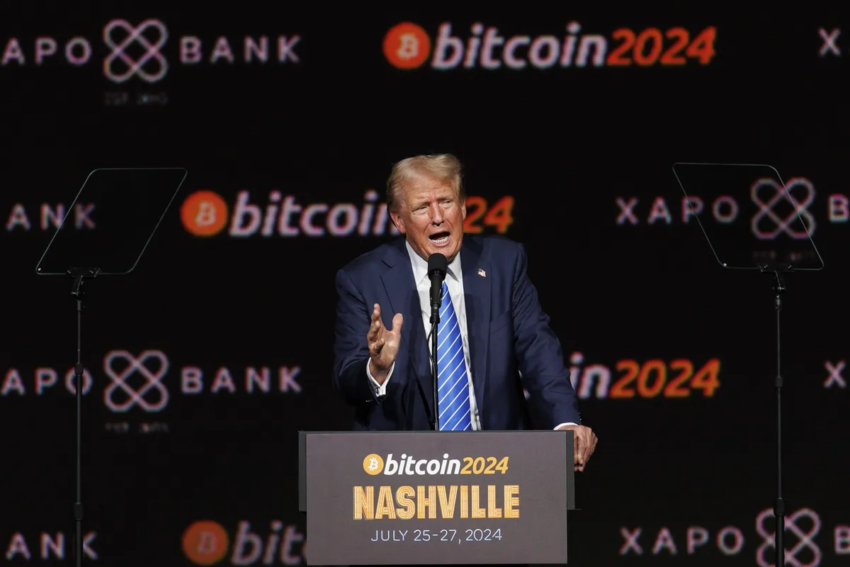President-elect Donald Trump is permanently considering the role of a new cryptocurrency advisor in the White House. Trump's team is interviewing candidates, but no strong contenders have been publicly revealed yet.
The exact duties of this role are also unclear, and rumors suggest that Trump's cryptocurrency advisor could oversee policy implementation.
Brian Brooks, former Binance US CEO, mentioned
According to Bloomberg, President-elect Donald Trump and his team plan to introduce the first-ever cryptocurrency role in the White House. Trump has been in ongoing discussions with industry leaders to explore potential candidates. One potential leader could be Brian Brooks, the former Binance.US executive.
"Brian Brooks, former @Binance US and @Coinbase exec, is being interviewed for the White House crypto czar role or potential SEC chair." - Popular music producer and crypto commentator Martin Partymusic posted on X (formerly Twitter).
A former industry advocate within the White House could be a strong ally for positive cryptocurrency regulation. During the campaign, Trump promised sweeping reforms to the current US cryptocurrency policy.
Key elements include weakening anti-cryptocurrency initiatives in the legislature, appointing industry allies as financial regulators, and establishing a Bitcoin reserve.
During Trump's campaign, Bit Magazine CEO David Bailey acted as an informal cryptocurrency advisor and helped draft pro-industry executive orders. Trump spoke at a Nashville conference in July. After the election, Bailey mentioned a Bitcoin reserve as "the most urgent and transformative policy to ensure BTC growth" in an interview.
However, the extent of his current influence is unknown.

Apart from Brian Brooks, no other prominent candidates or contenders have been named yet. The President-elect is interviewing potential candidates at Mar-a-Lago, but his team has not commented on this process.
Unfortunately, many details about this new role remain unclear. For example, it is uncertain whether this advisor will only work at the White House or act as a "cryptocurrency czar" directly overseeing policy implementation.
Nevertheless, this new position will help solidify the increasing trend of industry allies within the federal government.








